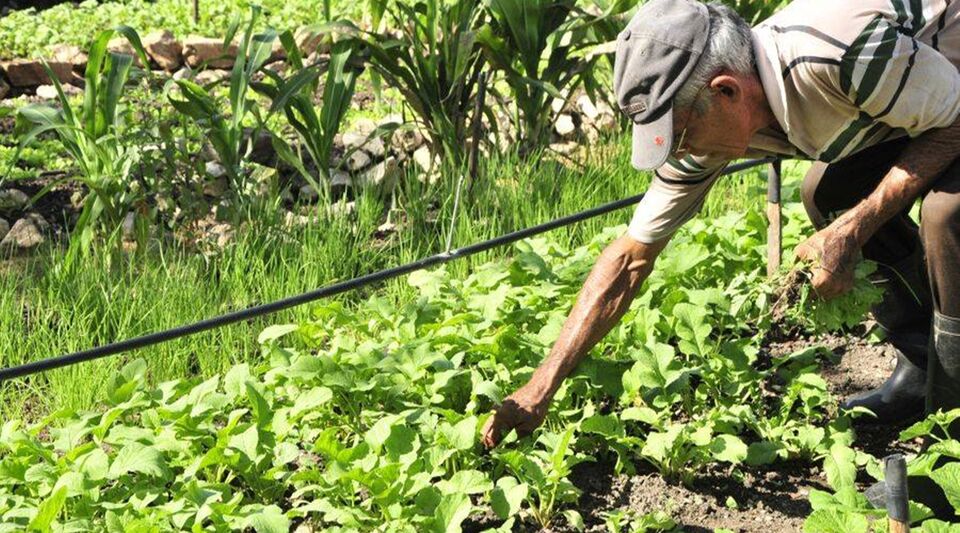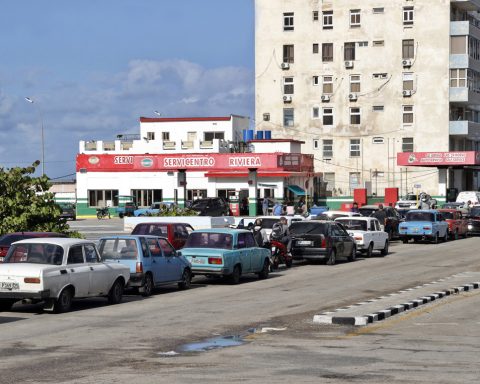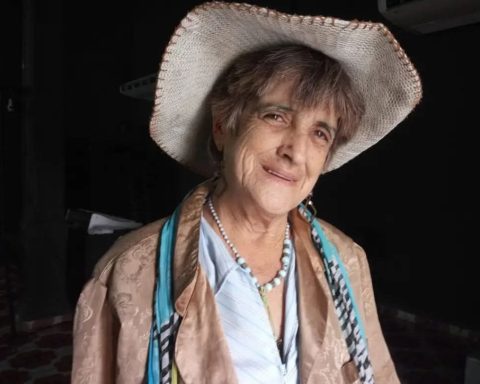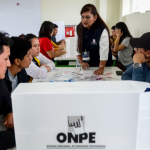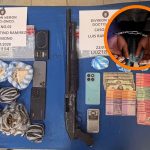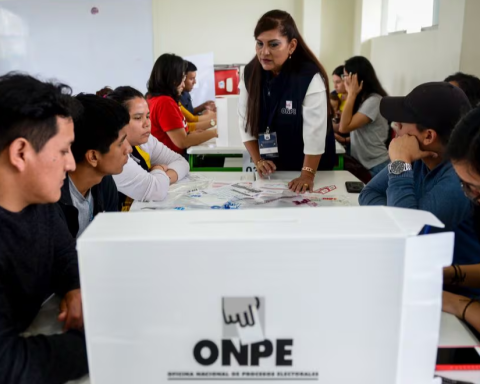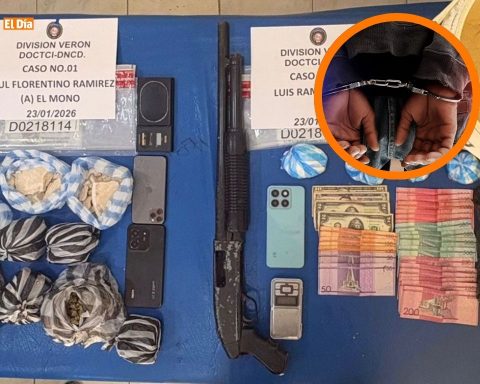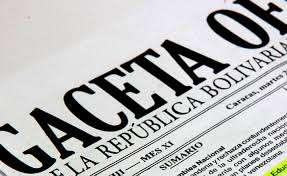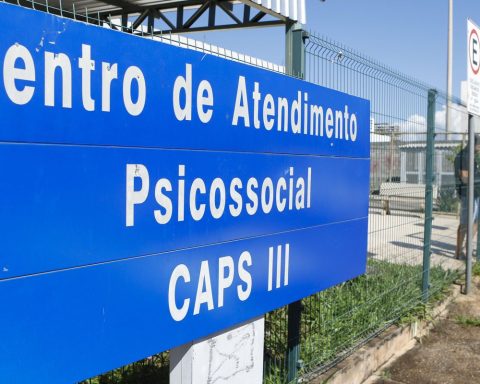The Cuban government presented a report, published on Friday in the official press, in which he assures that up to now “139 contracts have been signed for the export of goods and services of non-state management forms”, that is, the private sector. In reaction to these disappointing results, a spokesperson for the independent farmers tells 14ymedio that everything is due to the “improvisation” of the authorities in their policy towards the countryside.
“The largest export volume to date is concentrated in coal. Small varieties of fresh fruits, vegetables and meats such as turmeric, Persian lime, sweet potato and pineapple have also been exported, especially from the provinces of Ciego de Ávila, Artemisa , Mayabeque, Matanzas and Sancti Spíritus “, states the report presented by the Cuban Vice Prime Minister, Jorge Luis Tapia Fonseca, and with the First Vice Minister of Foreign Trade and Foreign Investment, Ana Teresita González ..
According to the report, exports of fresh fruits and vegetables by private farmers represent “4.3% of the physical and 7.1% in value of the total of these products exported” by the country. The text indicates that, although there are already around 122 producers who have achieved some export, “incidents persist that do not stimulate and continuously discourage”.
“The largest export volume to date is concentrated in coal. Small varieties of fresh fruits, vegetables and viands have also been exported”
One of the most frequent complaints was “the increase in costs when executing exports that end up being paid by the producers themselves,” as well as the increase in fees for services associated with exports such as passage, storage, scanner, and certifications.
Orlando Castellanos, director of Industry and Marketing of the agroindustrial company Victoria de Girón, emphasized the need to guarantee the reduction of some costs so that the producer receives more money. “Regardless of the effects of covid-19, there are handling costs that can be resolved.”
One of the problems that some producers pointed out was “the overhandling of high-density fresh products” when passing the scanner at the Aerovaradero terminal of the José Martí International Airport. As explained, this occurs because that equipment “does not have enough power” and this causes “additional expenses for packaging material and labor force” as they are forced to disassemble and redo the packaging.
Esteban Ajete, president of the League of Independent Peasants of Cuba, told 14ymedio By telephone that the difficulties that the Government now recognizes in relation to the export or import capacity of the peasants show, firstly, the lack of rights of the producers and secondly, the inability of the authorities to comply with their obligations.
Ajete recalls that “since April of last year, as part of the ‘No field, no country’ campaign, they demanded five demands from the Government, among which they ask” to be free to import and export directly, including from the United States, where it is proven that its laws do not prevent it, due to our condition as independent peasants. “
“How is it possible that by now they have realized that the X-ray machines they had at the airport were not adequate and that this would result in having to disassemble the packaging in which the peasants sent their products with so much sacrifice and care. deliveries?”
The farmer pointed out that when the measures supposedly aimed at facilitating the export of fruits and vegetables by farmers in the field were announced, it could be expected that all this “was marked by improvisation.”
“How is it possible that by now they have realized that the X-ray machines they had at the airport were not adequate and that this would result in having to disassemble the packaging in which the peasants sent their products with so much sacrifice and care. deliveries? “he wonders. “If it weren’t so dramatic I would laugh.”
The deputy director of Aerovaradero, Carmen Arias Suárez, explained that during one of the international inspections that the institution receives in the year, it was detected that the X-ray equipment was not adequate for products, for example, such as pineapple. “This requires that you have to depalletize and the products suffer. “For this reason, he added, the purchase of a larger X-ray equipment has already been requested, which should have entered at the end of 2021 and is now expected for next year.
________________________
Collaborate with our work:
The team of 14ymedio He is committed to doing serious journalism that reflects the reality of deep Cuba. Thank you for joining us on this long road. We invite you to continue supporting us, but this time becoming a member of our journal. Together we can continue transforming journalism in Cuba.
